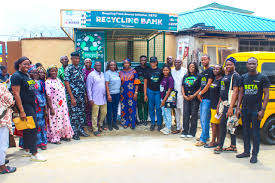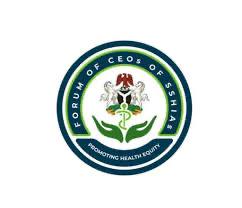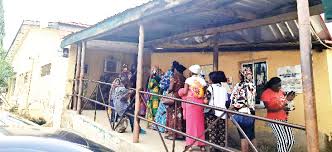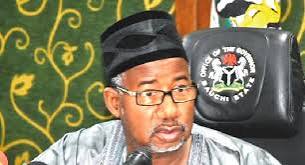The April Project Outreach has raised alarm over the deteriorating environmental conditions in the Amuwo-Odofin and Festac areas of Lagos, describing the situation as a looming environmental catastrophe. The group highlighted that the communities are increasingly “sinking under the weight of their own waste,” a problem attributed to years of neglect, poor waste disposal practices, and widespread indiscipline.
In a statement issued on Monday, the group expressed concern over the state of the drainage systems in these areas, which were originally designed to manage liquid waste but are now clogged with plastic, food waste, construction debris, and other non-biodegradable materials. This improper waste disposal, the group said, has caused repeated flooding, environmental degradation, and a sharp rise in health risks, including malaria, cholera, typhoid, and other sanitation-related diseases.
“The drainage systems, which should serve as channels for liquid waste, have become dumping grounds for all sorts of refuse. This has resulted in blocked waterways, leading to severe flooding and environmental damage,” the statement read. The group also described distressing scenes of residents navigating flooded streets after even brief rainfall, with children wading through stagnant water on their way to school and homes and businesses submerged in water—caused not by natural disasters, but by human negligence.
“This situation is not only unsightly but also deadly. It threatens our air, our water, and our livelihoods. It is a ticking time bomb that undermines every effort towards sustainable development,” the statement added.
The group emphasized that the crisis contradicts key global Sustainable Development Goals (SDGs), particularly SDG 6 (Clean Water and Sanitation), SDG 11 (Sustainable Cities and Communities), and SDG 13 (Climate Action).
Speaking with PUNCH Online, Nnenna Nwanguma, Convener of The April Project Outreach, urged residents of Amuwo-Odofin and Festac to take responsibility for their environment. She stressed that the state of the environment is a direct reflection of the actions of the people living in it.
“The environment we live in is a product of our actions. We must stop treating our drainage systems as waste dumps. We all need to make small changes like properly disposing of waste, educating our children about the importance of cleanliness, and participating in community clean-up initiatives,” Nwanguma said.
The group has also launched a short documentary titled ‘Drainage Not Waste Dump’, which it describes as a “visual cry for change and accountability.” The film documents the on-the-ground realities of the environmental challenges in the affected areas and calls on residents, stakeholders, and government authorities to take action.
“Our goal with this campaign, #DrainageNotWasteDump, is to raise awareness and encourage a change in attitude, starting with Amuwo-Odofin and Festac and spreading across Lagos. We want to restore pride in our environment and foster a culture of environmental consciousness that has long been overdue,” the group stated.
The foundation has pledged to continue advocating for change until visible improvements are made, with a focus on achieving long-term environmental sustainability for the affected communities.







